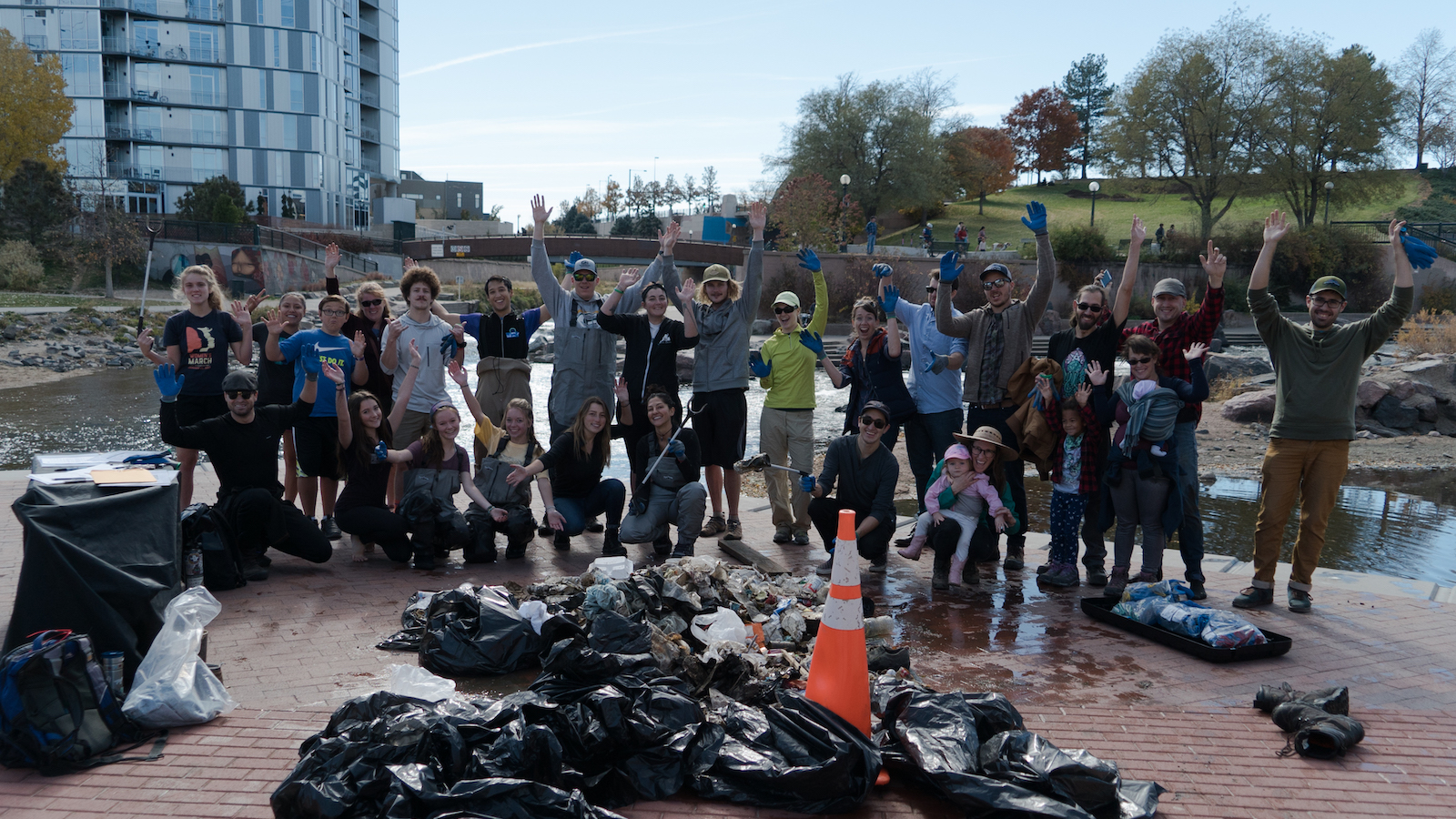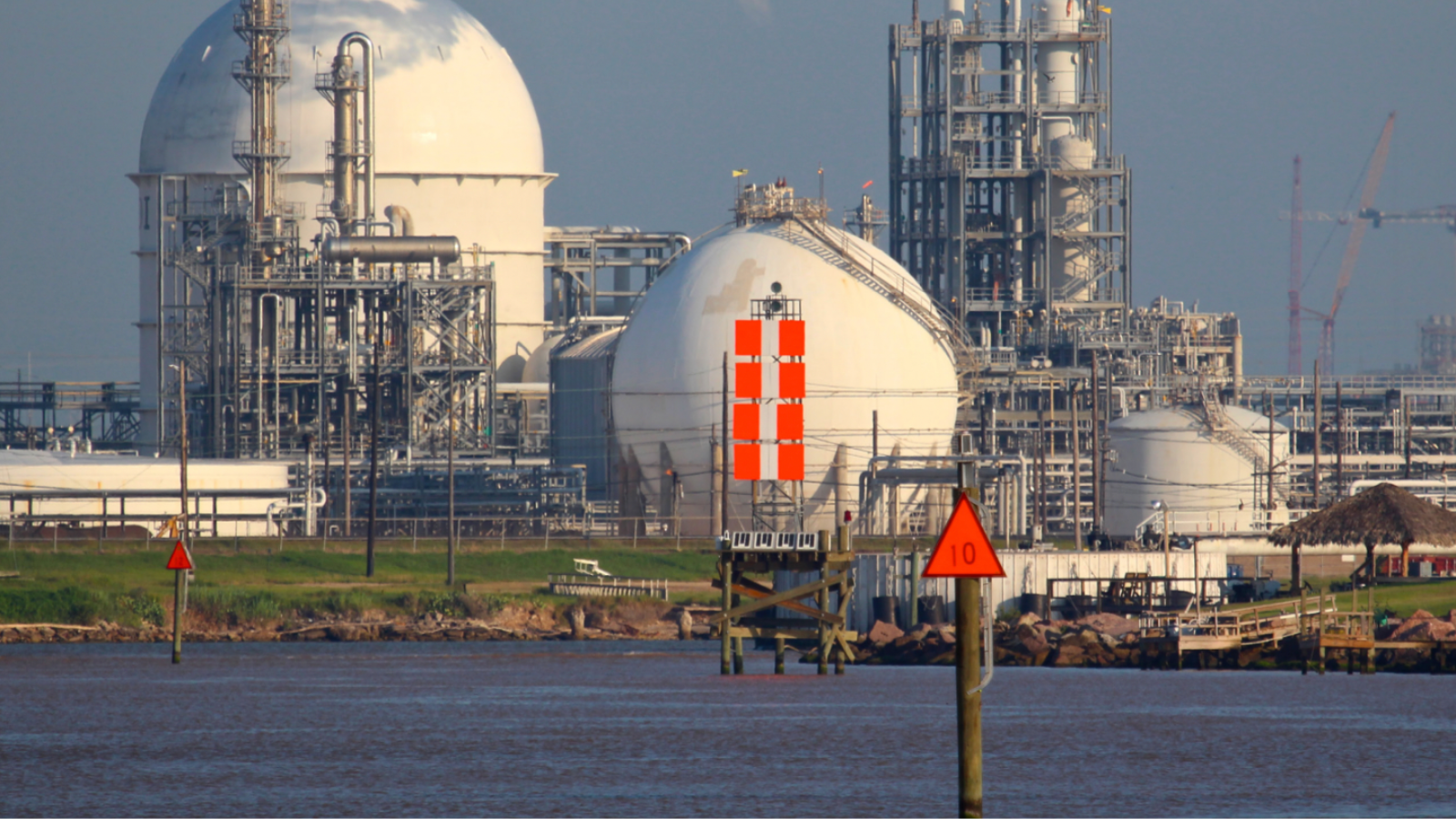
Groups challenge EPA’s failure to curb water pollution from plastic plants, oil refineries and other industries
Environment America joined a dozen local and national groups in filing a federal lawsuit today to compel the U.S. Environmental Protection Agency (EPA) to set limits on harmful chemicals like cyanide, benzene, mercury, and chlorides in the billions of gallons of wastewater pouring out of oil refineries, chemical plants, and factories that manufacture fertilizer, plastics, pesticides, and some metals.
The Clean Water Act requires the EPA to limit discharges of industrial pollutants based on the best available wastewater treatment methods, and to tighten those limits at least once every five years where data show treatment technologies have improved. But EPA has never set limits for many pollutants and has failed to update the few decades-old limits that exist – including limits set almost 40 years ago for oil refineries (1985), plastics manufacturers (1984), and fertilizer plants (1986).
Outdated standards mean that facilities are dumping a lot more pollution into our rivers, lakes and streams. For example, the EPA estimates that 229 inorganic chemical plants dumped over 2 billion pounds of pollution into waterways in 2019.
The lawsuit was filed on April 11th in the U.S. Court of Appeals for the Ninth Circuit in San Francisco by the Environmental Integrity Project, the Center for Biological Diversity, Clean Water Action, Waterkeeper Alliance, Food & Water Watch, Environment America, Bayou City Waterkeeper, Black Warrior Riverkeeper, Healthy Gulf, San Antonio Bay Estuarine Waterkeeper, San Francisco Baykeeper, the Surfrider Foundation and Tennessee Riverkeeper.
The goal of our legal challenge is to compel the EPA to protect our waterways from pollution with updated standards, as the public expects and the Clean Water Act demands.
See the Campaign

The Clean Water Network
Topics
Updates

New grant program to help cut red tape for rooftop solar in Illinois

Oregon students want to bring sea otters back

Biden marks Earth Day with visit to Prince William Forest Park

Energy Conservation & Efficiency
Washington state says farewell to fluorescents




